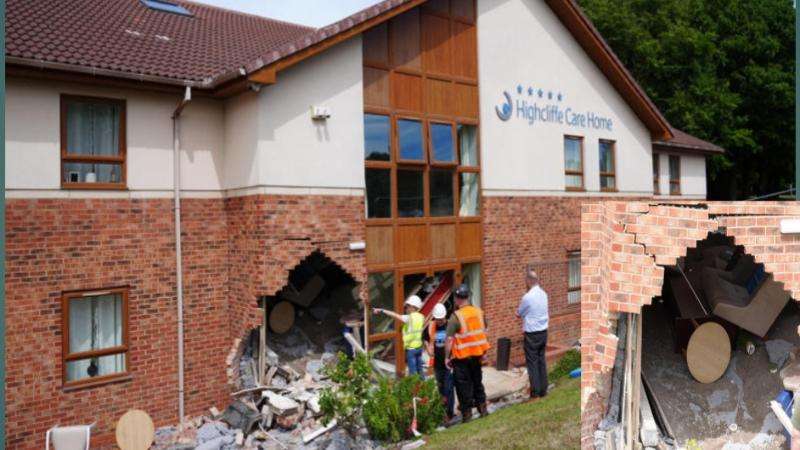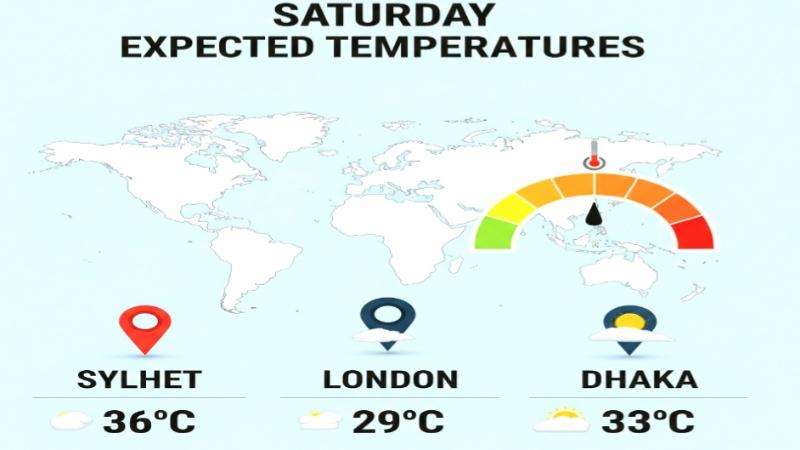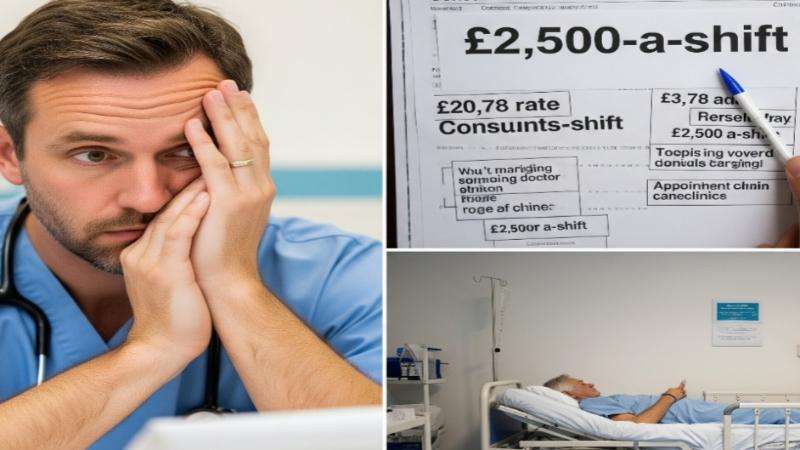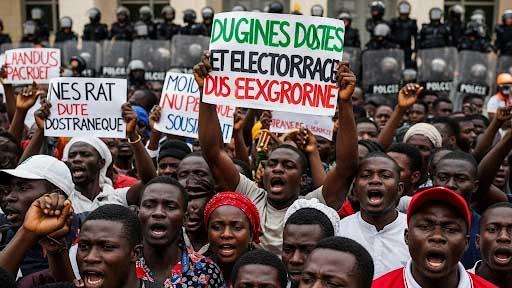Ivory Coast, a West African economic powerhouse, is currently navigating a volatile political landscape marked by escalating tensions ahead of the October 2025 presidential election. Recent developments have fueled concerns about the country's democratic stability, with widespread rumors of a military coup and the controversial disqualification of key opposition figures.
Coup Rumors and Presidential Whereabouts
Unconfirmed reports and intense social media speculation have recently emerged regarding a potential military coup and the uncertain whereabouts of President Alassane Ouattara. While some unverified claims suggest the President may be missing or worse, official confirmation remains elusive. Conflicting reports assert that President Ouattara remains in power and is preparing for the upcoming election. This confusion has led to heightened public anxiety and calls for clarity from the international community. The alleged unrest, which reportedly began on May 19, 2025, and escalated with violent clashes, has seen social media accounts describe intense gun battles. The situation remains volatile, with no official confirmation of a coup or Ouattara's status.
Read More: Ivory Coast President Chairs Cabinet Meeting Amidst Debunked Coup Rumours
Opposition Exclusion and Electoral Concerns
A significant driver of the current political instability is the controversial barring of prominent opposition figures from running in the presidential election. Tidjane Thiam, a former banking executive who emerged as a strong contender to succeed President Ouattara, was disqualified due to issues surrounding his dual French and Ivorian citizenship. Despite renouncing his French passport, a judge ruled he had lost his Ivorian citizenship, effectively ending his presidential bid. Thiam, who had taken over leadership of the Democratic Party of Ivory Coast (PDCI) after the death of former President Henri Konan Bédié, has alleged irregularities, claiming his exclusion is part of a broader strategy to eliminate main opposition leaders and ensure a "tailor-made" election outcome.
Beyond Thiam, other opposition figures, including former President Laurent Gbagbo, have also been excluded from the race due to past convictions. This pattern of disqualifications has raised serious questions about the inclusiveness and fairness of the electoral process, drawing criticism from those who fear a return to the identity politics that previously plagued the nation and contributed to civil conflicts.
Read More: Ivorian Judiciary Rules Against Thiam, PDCI Leadership Intact
Ouattara's Potential Third Term and Public Disillusionment
At 83, President Alassane Ouattara, in power since 2011, has yet to definitively state whether he will seek a controversial fourth term. While he has expressed a desire to continue serving the country, the prospect of his continued rule, especially without a strong opposition challenge, is contributing to widespread public disillusionment with the political establishment. Many Ivorians are frustrated with what they perceive as a lack of political renewal and accuse the current administration of human rights abuses and neglecting citizen welfare.
Economic Resilience Amidst Political Jitters
Despite the political turbulence, Ivory Coast has maintained a remarkably resilient economic trajectory. The country, the world's leading cocoa producer and a regional economic hub, has experienced an average real GDP growth of 6.5% between 2021 and 2023, surpassing regional and global averages. Projections for 2024 and 2026 also indicate continued growth. This economic stability is attributed to diversification efforts beyond cocoa, with services and industry now forming a larger part of the GDP, alongside strong public and private investment. However, the nation's progress remains vulnerable to political risks, and a weak education system and persistent youth unemployment pose ongoing social challenges.
Security Concerns and Regional Instability
The security situation, particularly near the borders with Mali and Burkina Faso, remains a concern due to the presence of armed groups and the risk of terrorist activity. While the Ivorian government has increased security in northern regions, the broader regional instability and the withdrawal of French forces have added to underlying tensions.
As Ivory Coast approaches its crucial 2025 presidential election, the interplay of political maneuvering, public discontent, and persistent security challenges will determine the country's path forward. The international community continues to monitor the situation closely, urging all stakeholders to prioritize peaceful and inclusive democratic processes.
_1.jpg)
_1.jpg)






.svg)


